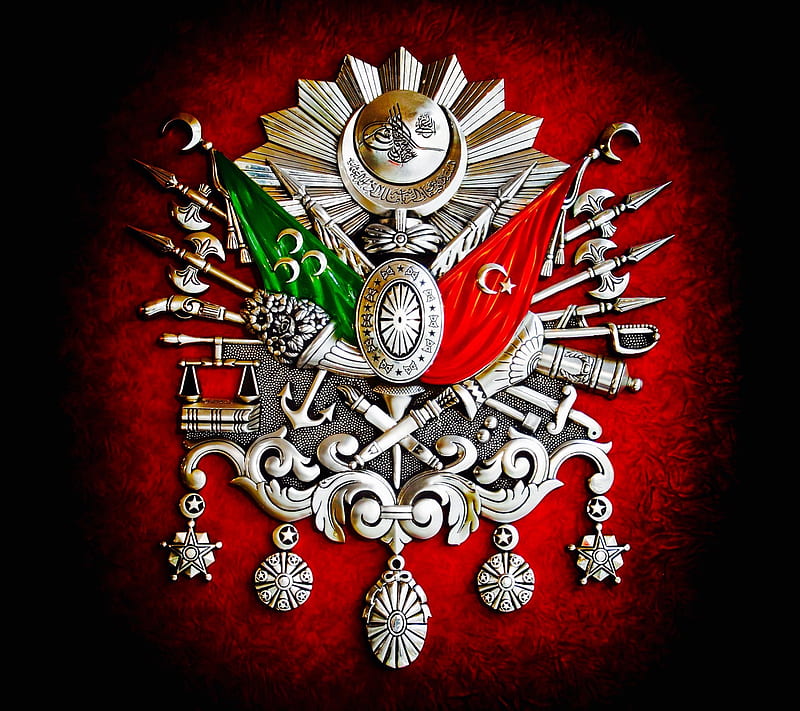The Ottoman Empire, spanning over six centuries, was a powerful and influential state that shaped the course of history in the Middle East, Europe, and North Africa. From its humble beginnings to its eventual dissolution, the Ottoman Empire left an indelible mark on the world. Here is a comprehensive history of the Ottoman Empire in 1000 words:
**1. Rise (1299-1453):**
The foundation of the Ottoman Empire dates back to 1299 when Osman I, a Turkic tribal leader, declared independence from the Seljuk Sultanate. Osman’s successors expanded the territory, capturing key cities such as Bursa and Adrianople. The pinnacle of their early conquests was the capture of Constantinople in 1453 by Mehmed II, marking the end of the Byzantine Empire.
**2. Expansion (1453-1683):**
Under Mehmed II and his successors, the Ottomans embarked on a period of unprecedented expansion. Suleiman the Magnificent, who ruled from 1520 to 1566, extended Ottoman influence into Central Europe, North Africa, and the Indian Ocean. The Ottoman military, known for its Janissaries and advanced tactics, contributed to the empire’s dominance.
**3. Stagnation and Decline (1683-1827):**
The Battle of Vienna in 1683 marked a turning point as Ottoman expansion into Europe was halted. The empire faced internal strife, corruption, and external pressure from European powers. Efforts at reform, such as the Tanzimat reforms in the 19th century, aimed to modernize the state, but challenges persisted.
**4. Tanzimat and Decline (1828-1908):**
The Ottoman Empire’s involvement in the Crimean War (1853-1856) highlighted its weakened state and dependence on European powers. The Tanzimat reforms introduced by leaders like Mahmud II and Abdulmejid I aimed at modernizing the administrative, legal, and educational systems. However, the empire continued to face challenges as nationalist movements gained momentum.
**5. Young Turks and Dissolution (1908-1922):**
The Young Turk Revolution in 1908 sought to revive the Ottoman Empire through constitutional reforms. World War I proved disastrous for the Ottomans as they sided with the Central Powers. The war resulted in defeat, and the Treaty of Sèvres in 1920 imposed severe terms on the empire. Mustafa Kemal Atatürk emerged as a key figure in the Turkish War of Independence, leading the struggle against foreign occupation.
**6. Legacy:**
The Turkish War of Independence, fought from 1919 to 1922, culminated in the establishment of the Republic of Turkey in 1923. The last Ottoman Sultan, Mehmed VI, was deposed, ending the Ottoman Sultanate. Atatürk became the founding father of modern Turkey, implementing radical reforms to transform the nation into a secular and democratic state.
The legacy of the Ottoman Empire is multifaceted. On one hand, it contributed significantly to art, architecture, and governance, leaving behind a rich cultural heritage. On the other hand, controversies surround its governance, particularly concerning the treatment of minority populations. The fall of the Ottoman Empire marked the end of a long-standing imperial system and the beginning of a new era in the form of the Republic of Turkey.
